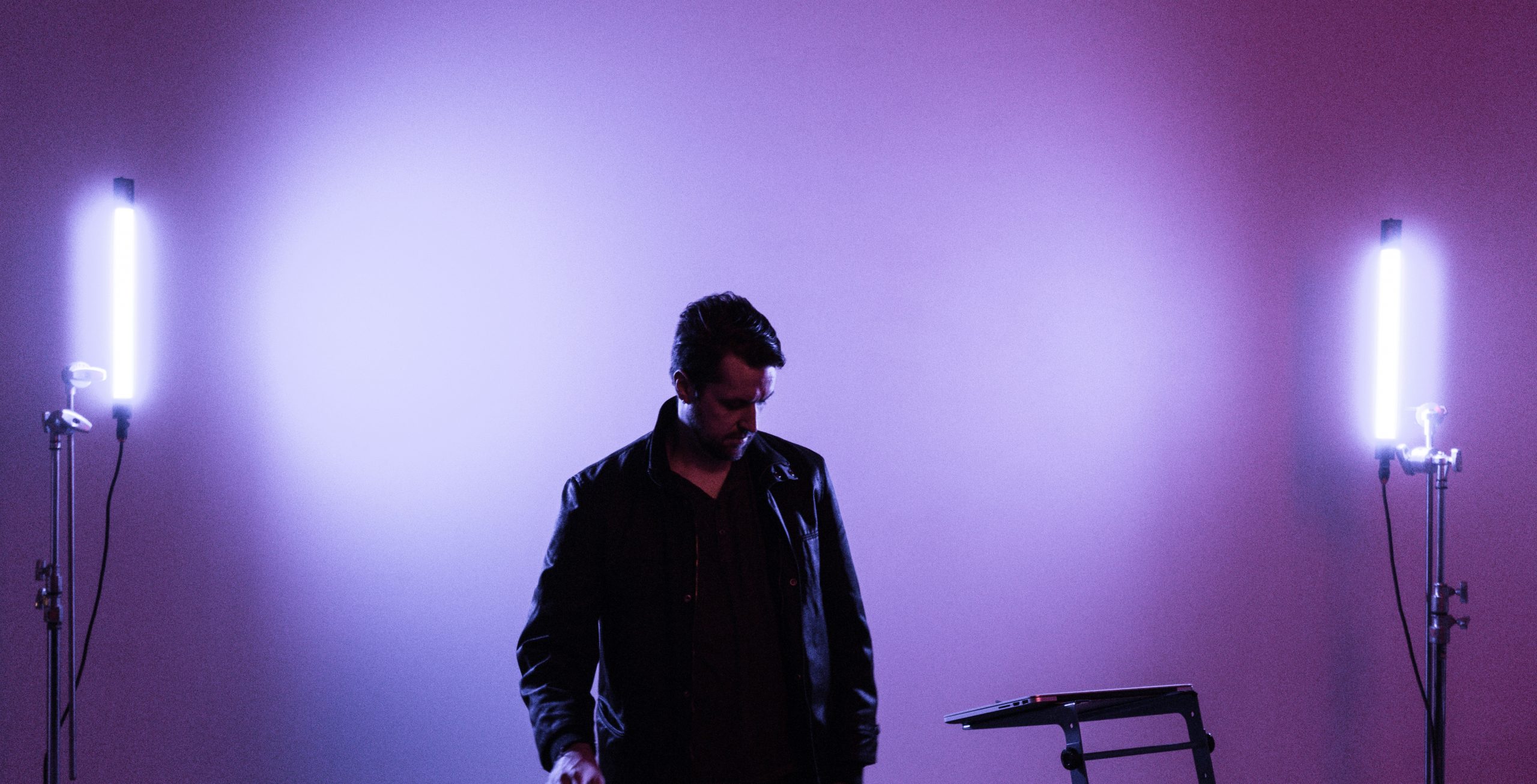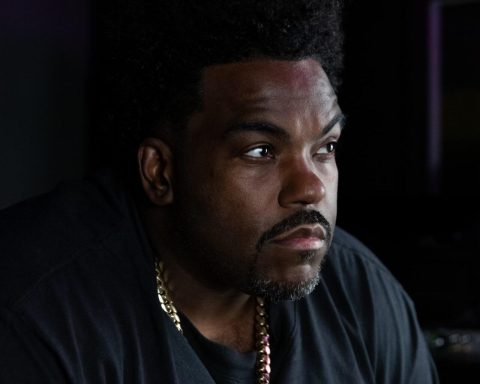Mux Mool’s moniker is as beguiling and open to interpretation as his music. Cerebral one moment, floor-shaking the next—Brian Lindgren’s project confounds notions of how an electronic release should sound and feel. Beginning with its cover art, its oil-painted skull, flowers, and scattered coinage evoking Italian Vanitas paintings, Mux Mool’s latest Skulltaste II (Young Heavy Souls, 2020), defies the trappings of contemporary beat music.
The music on Skulltaste II bounces from style to style like a perfect DJ setlist—big beat, hip-hop, experimental. Throughout, Lindgren’s hooks bob and weave, peeking from behind clouds of synth and chattering percussion. While contemporary, the record harkens back to classics by the Chemical Brothers and Fatboy Slim—albums with trajectories, that demanded start-to-finish listening sessions.

Mix and Match
This innate ability to mix and match genres is traceable to Lindgren’s childhood in Minnesota, where art and music were constants. Speaking from his current home in Colorado, he says, “My dad would make my brother and I listen to mixtapes. He would record various genres we weren’t going to hear on the radio—early rap and ambient stuff like Windham Hill. That was my musical school.”
There were other influences on Lindgren’s budding creativity. “Minnesota has a thriving hip-hop community, with Rhymesayers being the biggest name. When I got to high school, I met kids making beats. I wanted to make electronic music, so that was very interesting to me.”
Art School Beginnings
Time spent studying visual arts at The Perpich Center for Arts Education provided Lindgren with discipline and structure. “Pursuing my passion for drawing taught me to work on a craft and master it. I was able to apply that to music.”
Art school also honed his ability to focus and complete projects “There are a lot of artists who make a song that they’re very excited about, but I learned some of those finishing qualities.”
Propelled by the work ethic he gained at Perpich, Lindgren fell into music naturally. “I made a song in 2006 and uploaded it to MySpace. An A&R person for Ghostly happened upon my profile and put it on a compilation. The first song I ever put out ended up on an iTunes ‘Best of the Year’ list alongside Flying Lotus and Justice.”
It sounds easy, but he’s grateful for the opportunity. “I’ve been fortunate because there are a lot of artists who have to make demos and push, push, push.”
“From Minnesota, Low End Theory was so cool and unattainable. When I got there, I realized a lot of those guys are shy and dorky and make computer music just like me.”
Those Are the Breaks
The breaks kept coming including opening slots for Gaslamp Killer, Daedelus, and others. In retrospect, it seems there was a buzz surrounding that whole scene. Lindgren agrees it was a watershed time. “2010 to 2012 were big for broken beat.”
Sometimes achieving goals was both highlight and reality check. “From Minnesota, Low End Theory was so cool and unattainable. When I got there, I realized a lot of those guys are shy and dorky and make computer music just like me.”
By contrast, Lindgren strives to make his live performances as engaging as possible. “Electronic music shows aren’t always compelling to watch,” he admits, when discussing how he brought his recordings to life on stage. “There was a process I went through being out there on the road and letting things take on their life.”
Lindgren’s setup evolved too. “It started with cueing some repeat things on a MIDI keyboard to getting some pads. Eventually, I found what worked for me.”
Rocky Mountain High
Taking Mux Mool on the road exposed Lindgren to new environments, including Colorado’s natural climes. “I started touring in 2009 and across the country markets were pretty much the same. Denver was completely sold out and had a crazy, different energy.”
So, after a spell in New York, Lindgren decided to try something different. Like the segues in his kaleidoscopic music, the move to a new home was a natural shift. “I didn’t want to be in New York anymore and thought, ‘Why not Denver?’”
Lindgren enthuses about Denver’s electronic music community, one centered around electro-soul act Pretty Lights. “It all just came together,” he explains of his decision to set up shop in Colorado. “I stayed because it’s beautiful here—so much sunlight and room to be healthy and exercise.”
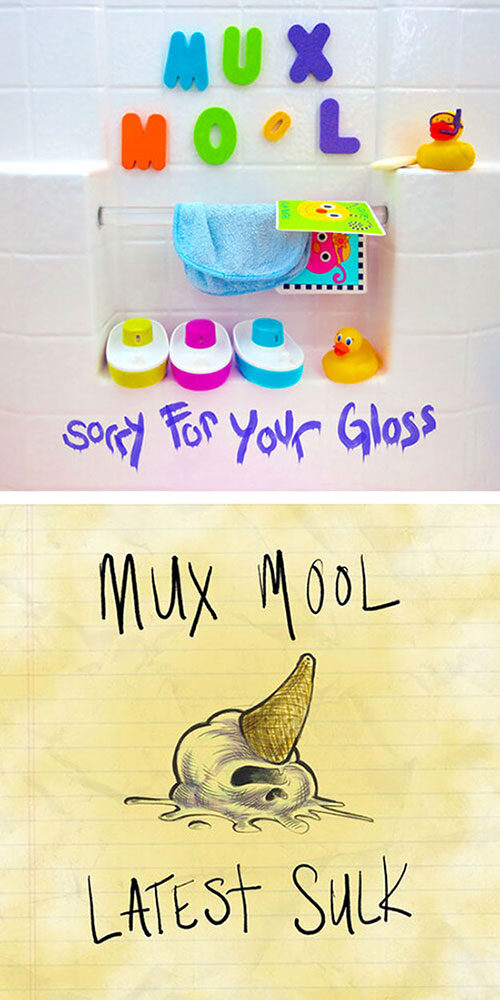
“When I came to Denver, there were a lot of musicians, but I was the only one that had ever worked with a legit record label.”
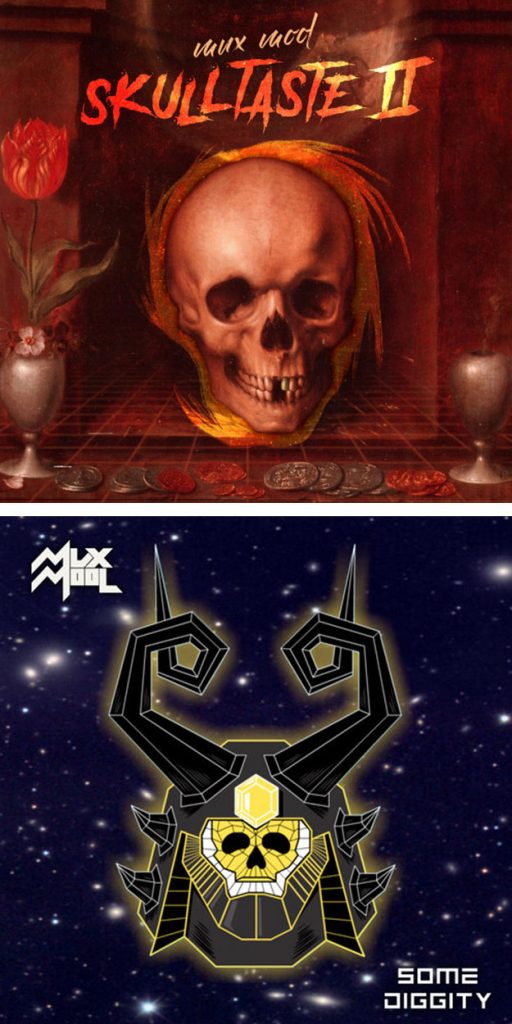
In his hometown, Lindgren’s business acumen makes him something of a mentor to his peers. “When I came to Denver, there were a lot of musicians, but I was the only one that had ever worked with a legit record label.”
The experience shows. Skulltaste II highlights like “Sorry for Your Gloss,” “Fan Fiction,” and haunting album-closer, “Telluride or Die,” vacillate between energetic leads and expansive drops. “When I started music production, I was trying to make hip-hop beats—something that didn’t dominate the space.” That restraint leaves openings for memorable hooks, a central component of Mux Mool’s appeal. “I do enjoy making catchy melodies.”
Boutique Labels
From Ghostly to current label Young Heavy Souls, Mux Mool releases appear on esteemed imprints. Lindgren insists he’s learned from each one. “When I first started releasing music, the money had just changed from hard copies to the live show. Now it’s changing again where so many people can go straight to Spotify with their music. It takes away the power of major labels that control stuff. That’s great. But it’s like, ‘What’s the goal of a record label now? ‘“
One area where labels offer assistance is in landing placements in film and TV, an area where Mux Mool has much success including spots on Silicon Valley and Adult Swim. While they don’t dictate Lindgren’s methods, the potential for these types of success keeps him on track. “That’s part of why I focus on trying to make a song that has feels complete, that’s what it should be. Then it also happens to be useful—it does have a commercial application.”
These mainstream wins are doubly impressive when achieved through modest means of production. “Bedroom Artist” is sometimes kicked around with negative connotation, but in the case of Mux Mool, that approach is now bona fide lore, even making its way into his bio.
“I asked for suggestions, and a band reached out and suggested Mux Mool. I was like, ‘That sounds like me. I'll take that.’”
Creation Vs. Collection
While no Luddite, to Lindgren, the act of creating is more important than collecting instruments. “I worked with a few hardware things over time, but when I got Ableton, that’s what a lot of things started clicking. The workflow is incredible. I’m not a gear-centric person. It’s all about what you do with it.”
The easygoing ethos informs other aspects of the project too. Legend has it the name “Mux Mool” came from a MySpace blog. “I couldn’t think of one for myself,” he explains. “After I asked for ideas, a band reached out and suggested Mux Mool. I was like, ‘That sounds like me. I’ll take that.’” Lindgren even has a memento from the exchange. “They were called Pincher Attack—I’ve got a shirt,” he laughs.
The Name Game
Crowdsourcing a name is one thing, but Lindgren’s tracks arise from a self-contained environment. Perhaps one of the benefits of working in isolation—independent of collaborators—is permission to make wildly varying music. Lindgren thinks so. “You sit down and not try and force it into this and that, really let the elements guide it.”
Like people everywhere, Lindgren feels the weight of the current moment in our world’s history. “Creativity-wise, I have been suffering a little bit,” he admits. Being off the road is also a change. “My grocery store job became more stressful. I was a cashier, and now I’m more like a bouncer. I’m very tall, so people listen to me.”
With so much change happening all at once, it seems art plays an increasingly important role in society. “Music is so much more than releasing songs to finish tour cycles,” he says. “I feel like there’s a space to make something of substance now. And I think that’s very exciting.”
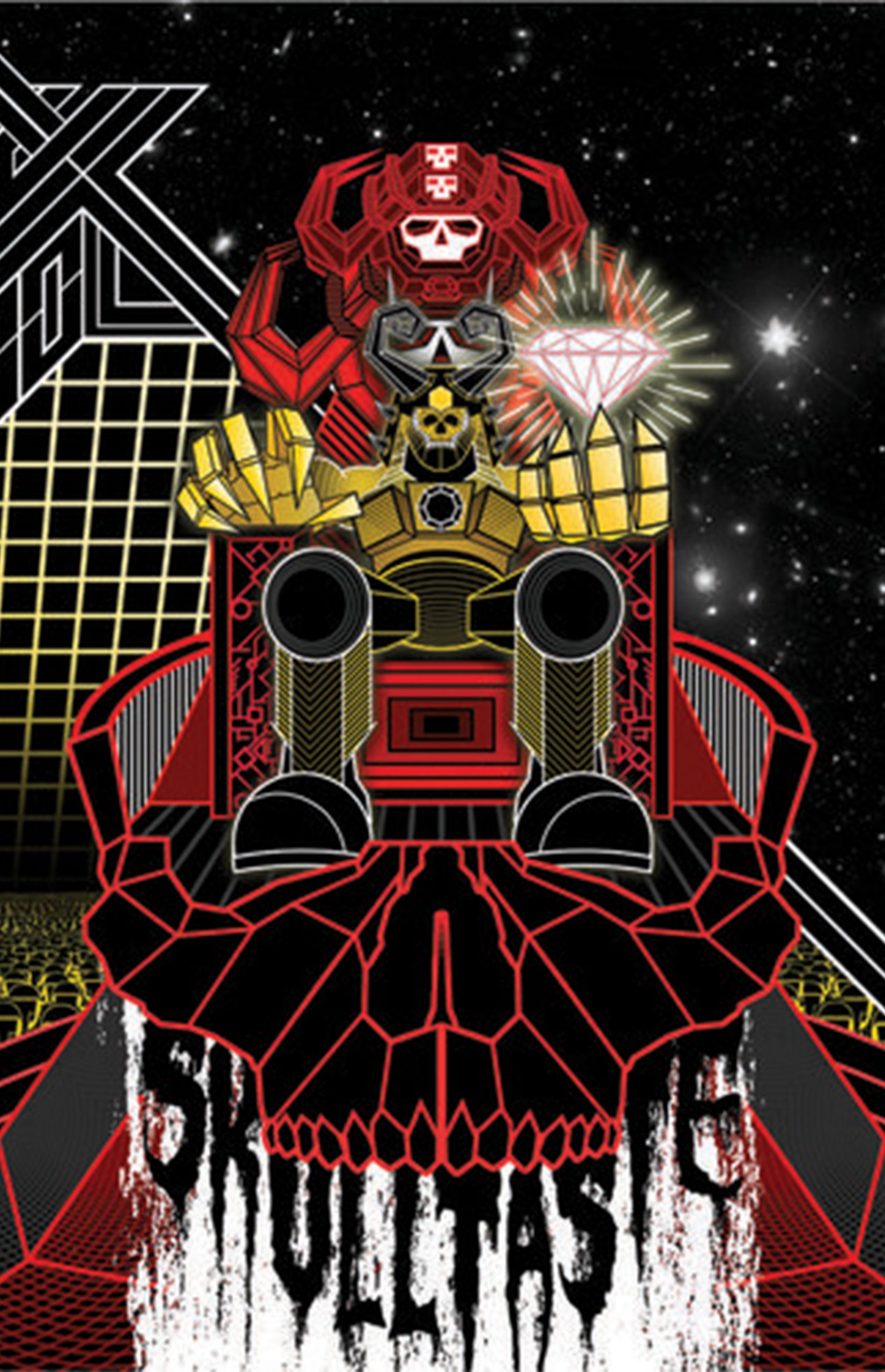
LABEL SPOTLIGHT: YOUNG HEAVY SOULS
Detroit, MI has a longstanding romance with electronic music. Tastemaker label Young Heavy Souls started in Kalamazoo, before eventually making its way to Motor City, where it currently houses its operations at community hub, the Durfee Innovation Society. YHS boasts an eclectic roster of names like Blockhead, Marcutio, Lailah Reich, Primer, One Be Lo, and others. Head soul Matt McFerrin gives us a glimpse behind the curtain, revealing how he runs a successful independent label and keeps the inspiration flowing.

Influences
“One of the labels that influenced me would be Stones Throw. Stones Throw is very multi-genre and experimental, with a number of essential albums that have formed my tastes – Madvilliany, Quasimoto’s The Unseen, and of course Donuts.
Then there was Def Jux with Aesop Rock, Cannibal Ox, and RJD2’s Deadringer. Also Del The Funky Homosapein’s Eleventh Hour. Between Del and Madlib, you begin to get an idea of my taste in hip-hop. The freestyle, stream of consciousness raps, and jazzy beats—I just love all that.
With Ninja Tune, it was the downtempo, very vibey releases: Bonobo’s The North Borders, Amon Tobin’s Supermodified, and of course Blockhead’s releases with them. When Ninja Tune reissued The Dragon’s BFI it also inspired me to think outside the box with reissues. Those three labels, when I think about them, I get a good feeling. Some labels are just vehicles for artists, and some, like those, have a defined brand. That’s something I’ve always enjoyed and wanted to replicate with YHS.”
Kalamazoo to Detroit
“I grew up in Metro Detroit but went to college in Kalamazoo, MI where I started the label. I was working with MCs and producers there, and at the time a cool electronic scene was emerging. Then I moved into the city, Detroit, in 2013. I operated the label out of my apartment for three years. Then we rented a studio/office space in an artist-centered building in 2016. It got purchased in 2018 and they kicked everyone out, so we moved to our current office last year.
Activism
“There have been times in the past where we’ve done fundraising events, but more recently it seems almost irresponsible not to say something. Being a black-owned business, it was important that I state our support for the Black Lives Matter movement. We did a few days where we matched sales and made donations to BLM. Even though I haven’t talked to everyone individually, I know all the artists are of a similar mind. At the same time, I don’t want to speak for them.”
“The team is flexible. I love it.
We have a rotating crew of collaborators behind the scenes right now."
The Young Heavy Souls Team
“The team is flexible. I love it. We have a rotating crew of collaborators behind the scenes right now. There’s a bunch of people we work with on multiple projects—audio engineers, illustrators, graphic designers—but there are four of us are working regularly at the label.”
Discovering New Sounds
“With all of our artists, it started with people in the music scene on the west side of Michigan, or artists I met in Detroit or Ann Arbor. Early on, we also worked with artists in Chicago and built that Midwest connection. Some artists I met through other artists on the roster. They’re friends and friends of friends, and they suggest people to me.
Some artists I’ve randomly come across or seen live and reached out to them to do a release. We’ve also worked with artists who sent submissions to us, and I do listen to all of them, but now that our release schedule is more packed, it’s hard.”
The Importance of a Live Show
“Some artists on the label thrive in live performances, and some are more focused on beats and production. We want everyone to showcase live, but at the same time, it’s not a huge thing for us right now as we’ve been focusing more on building our catalog.
I’m okay with somebody being a producer or a studio musician only. We promote them as such. I’ve always thought of our music as being what people play when they’re doing their own creative thing. It’s like the soundtrack for somebody else to express themselves.”

'I've always thought of our music as being what people play when they're doing their own creative thing. It’s like the soundtrack for somebody to express themselves'
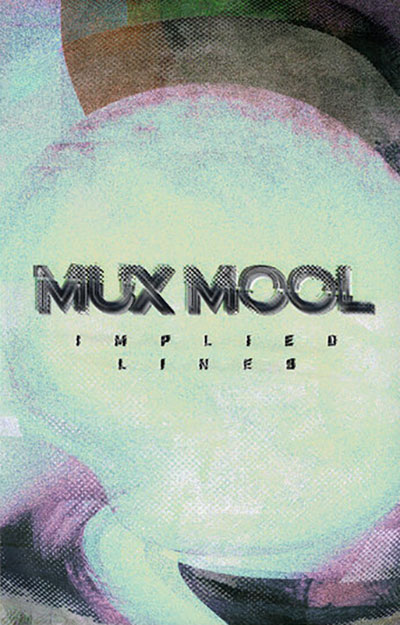
Mux Mool
“We’ve been working together since 2017. Skulltaste was a big influence on me because it came out right when I was starting the label. It was music that mixed so many different influences that you could like. He was speaking through instrumental music and art direction so well.”
I met Mux through Eliot Lipp, who we had started working with the year before. For everything to come full circle with us releasing Skulltaste II has been awesome and somewhat surreal.”
Music Placement
“We work with a couple of different agencies, one called Sweet on Top of Los Angeles and Assemble Sound in Detroit. Those are the ones that have gotten us some of our bigger placements. They work in different realms—some mostly in TV, some more in commercials. That kind of benefits us.”
Three Albums You Wish You Released
“Del the Funky Homosapien’s Both Sides of the Brain is such a funky, weird hip-hop record. It’s one of my favorites. I think that embodies the style of hip-hop YHS wants to put out. The Avalanche’s Since I Left You because it pushes the boundaries of sample-based music so far. And finally Dummy by Portishead. Trip-hop is so big for me personally and that album’s sound is so timeless.
